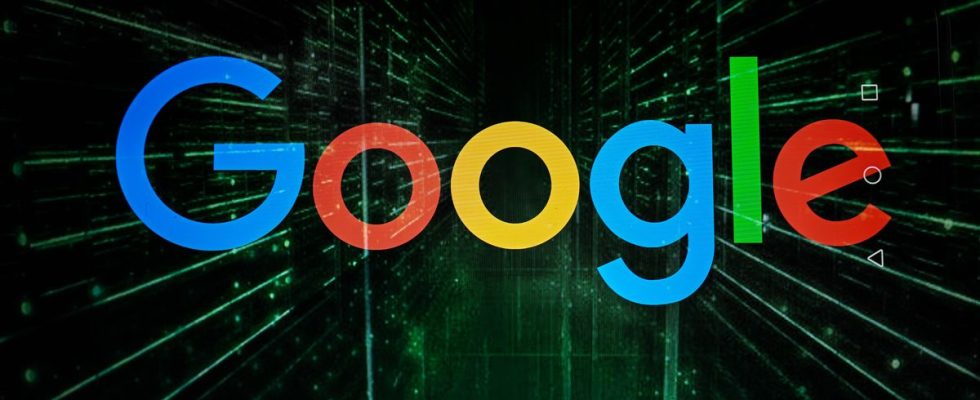This is the biggest standoff between American justice and a technology giant in more than twenty years. The historic trial of the United States against Google opened last week in Washington and is expected to last ten weeks. “This case concerns the future of the Internet, and the question of whether Google will ever face significant competition in search,” summarized a representative of the public prosecutor. The Mountain View giant is accused of having abused its dominant position by signing exclusive contracts with Apple, Samsung and Mozilla, to make Google the default search engine on their smartphones or browsers.
In the United States, the tide seems to have turned. Once revered by political and public authorities, “Big Tech” is under attack from all sides, with a Biden administration hoping to convince judges to reshuffle the competition cards. “The entrenchment of monopolistic power on (Internet) platforms is endemic,” explains Andrew Chin, professor of antitrust law. at UNC-Chapel Hill University. Two decades ago, this expert played consultants for Judge Jackson during the trial which almost resulted in the dismantling of Microsoft. Interview.
What are the main issues in this trial?
The verdict will likely redefine competition rules in the search and advertising markets, and potentially in mobile operating systems and app stores. In an ideal world, competition should be independent in these markets, with alignment between innovation and consumer interest. From an economic and technological perspective, these are distinct markets that function best when not bound by contractual agreements.
How will the judge determine whether paying partners to make Google the default search engine violated antitrust laws or not?
The court will have to determine whether these exclusionary contracts significantly harmed competition. The difficulty will be establishing a causal link between the disputed contracts and Google’s current and future monopoly power, given that much of that monopoly is the result of its innovation and other legitimate practices. It will be necessary to distinguish between barriers to competition which come from superiority (from Google) and those which are the result of exclusivity contracts.
What are the similarities between these lawsuits against Google and those against Microsoft in 1998-2001?
Google and Microsoft have flooded the device market with contractual restrictions guaranteeing the exclusive placement of their software by default. Both cases involve monopolistic charges relying on the same section of the Sherman Act (one of the two main antitrust laws). In both cases, we are mainly talking about contracts which had the effect of excluding competitors from the most effective channels for marketing their products.
For Microsoft, the dismantling ordered at first instance was canceled on appeal, in favor of restrictions. Were they useful?
The remedies in the Microsoft case sought to separate the operating system market from software markets such as web browsers or the Java programming language, which could have become platforms that could threaten Windows. But it turned out that the real competitive threat was the shift to mobile, which gave birth to the Apple ecosystem. Microsoft also ended up scuttling itself in the internet browser market with too slow innovation.
Google and Big Tech have already been ordered to pay billions of dollars in fines without their domination suffering. Is dismantling the only solution?
Economists will undoubtedly support this thesis during the trial. But my intuition is that Google’s monopolies in these different markets are too entrenched for a vertical split (search, advertising, Android, etc.) to reset their competitive advantage for the consumer. Google will respond with convincing arguments on economies of scale – financial and technological – in the search market, and it would be difficult to argue for a horizontal split (by separating the advertising management of Google and that of DoubleClick, acquired in 2007, or Google Video and YouTube for example). Remedial measures, such as banning contractual provisions that block innovation in the Android space and the distribution of competing products, are likely and easy to implement. But they risk being as ineffective as the corrective measures imposed on Microsoft.
Is there no hope for real change?
The courts will attempt to impose remedies to restore some neutrality between these different markets, hoping that more competition or technological changes will erode Google’s power on one or more fronts in the future.
Did the American competition watchdog (FTC) make a mistake in giving the green light to most tech buyouts over the last two decades?
Yes. These cases illustrate the limits of the theory from the Chicago School (in a market that self-regulates in favor of the consumer), which has dominated competition law since the 1980s. The entrenchment of monopolistic power via network effects in many platform (internet) markets is endemic. Besides Google, the FTC is expected to go after Amazon at any time.

